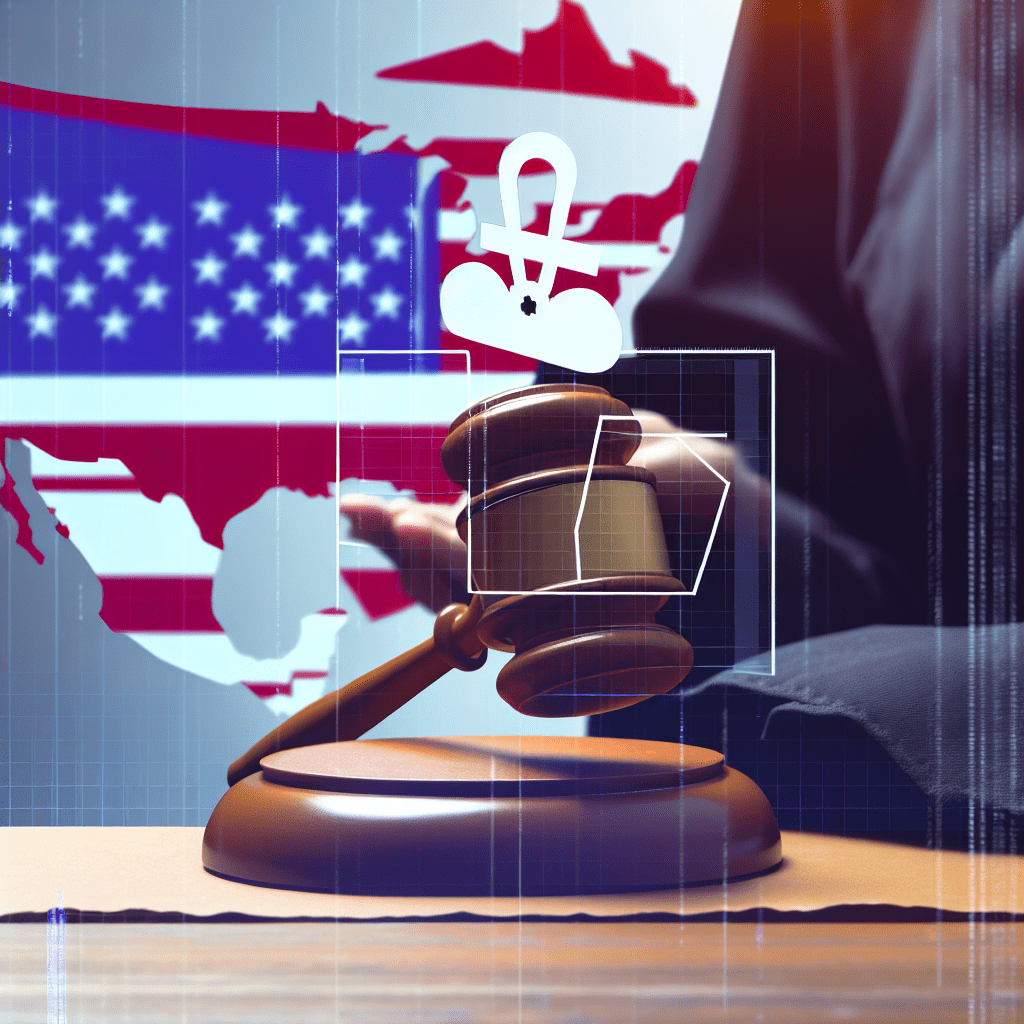Arizona Representative David Schweikert presented the “Scam Farms Marque and Reprisal Authorization Act of 2025” in August, advocating for neo-privateers—government-sanctioned pirates—to combat cybercriminals posing threats to the United States.
The legislation would empower the US president to issue letters of marque to “privately armed and equipped individuals” contracted by the government, allowing them to “employ all means reasonably necessary” to confiscate property and detain or “punish” cybercriminals deemed a threat by the president.
Such threats encompass crypto theft, pig butchering scams, ransomware attacks, identity theft, unauthorized computer access for sensitive personal or classified information, online password trafficking, and infesting computers with malware. The bill states:
“Criminal enterprises that engage in cybercrimes and coerced labor pose an unusual and extraordinary threat to the economic and national security of the United States.”
The bill describes these scams as “acts of war” performed by individuals, organized crime syndicates, and foreign governments against the US and revives an 18th-century law, potentially impacting the future of cybersecurity and asset seizure if enacted.
Related: Crypto crime unit with $250M in seizures expands with Binance
US may allocate seized assets to Bitcoin reserves and national crypto stockpile
In July, hackers claimed over $142 million in cryptocurrency, with total crypto theft this year surpassing $3 billion. Cryptocurrency seized by US law enforcement during investigations may be forfeited to the government in subsequent legal actions.
In January, President Donald Trump signed an executive order to create a Bitcoin and crypto reserve, which could accumulate digital assets only through budget-neutral methods or asset forfeiture.
A civil complaint filed by the US federal government in July sought to reclaim over 20 Bitcoin (BTC), worth more than $2.3 million, seized by the FBI’s Dallas division during operations against the Chaos ransomware group.
The US Department of Justice (DOJ) also confiscated $1 million in cryptocurrency from the BlackSuit ransomware group that same month.
In August, the DOJ sanctioned the seizure of $2.8 million in crypto from a wallet owned by Ianis Aleksandrovich Antropenko, who was charged with conducting ransomware attacks against individuals and businesses.
Magazine: Inside a 30,000 phone bot farm stealing crypto airdrops from real users

